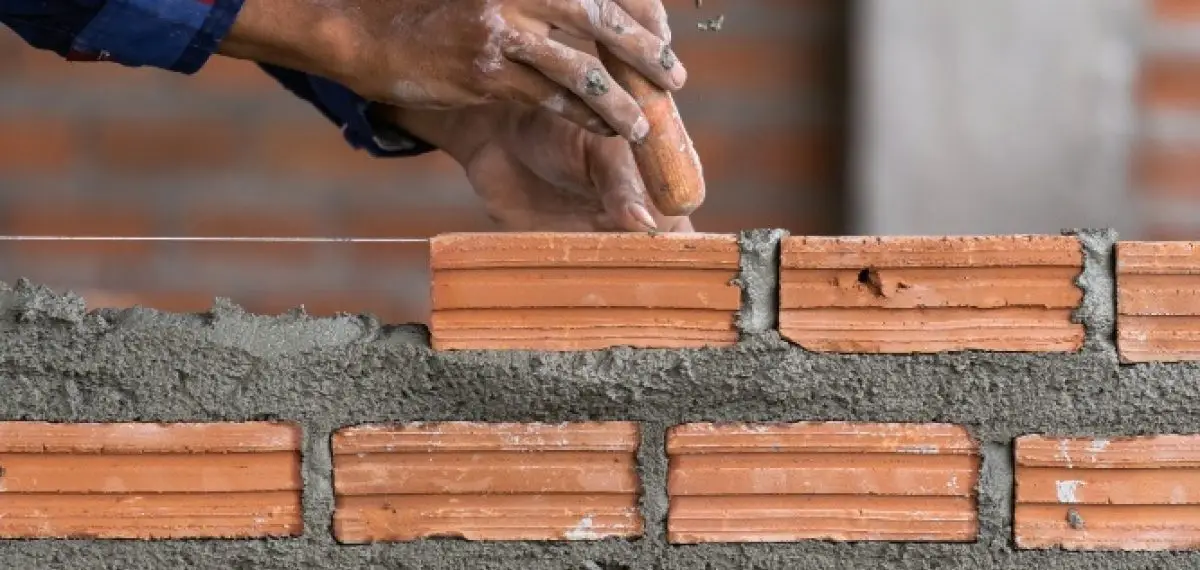As environmental concerns continue to rise, the construction industry is increasingly focusing on sustainable building practices. Masonry, a time-honored construction method using natural materials like brick, stone, and concrete, plays a vital role in promoting sustainability. This blog delves into how masonry contributes to eco-friendly construction, its benefits, and best practices.
Understanding Sustainable Building

What is Sustainable Building?
Sustainable building refers to the design, construction, and operation of buildings that are environmentally responsible and resource-efficient throughout their life cycle. This approach seeks to minimize negative impacts on the environment while promoting occupant health and well-being.
Importance of Sustainable Practices
- Environmental Protection: Sustainable practices help reduce waste, conserve natural resources, and lower greenhouse gas emissions.
- Energy Efficiency: Energy-efficient buildings reduce energy consumption, leading to lower utility bills and less reliance on fossil fuels.
- Economic Benefits: Sustainable buildings often have lower operational costs and can increase property value.
- Enhanced Quality of Life: Healthy indoor environments contribute to the well-being of occupants.

How Masonry Supports Sustainable Practices

1. Energy Efficiency
Masonry materials, such as brick and stone, have high thermal mass, meaning they can absorb, store, and release heat efficiently. This property helps regulate indoor temperatures, reducing the need for artificial heating and cooling.
- Thermal Regulation: Well-insulated masonry structures maintain comfortable indoor climates, which can lead to significant energy savings.
- Passive Solar Design: Masonry can be integrated into passive solar building designs, maximizing natural light and minimizing energy use.
2. Durability and Longevity
Masonry structures are known for their durability, often lasting for decades or even centuries with proper maintenance. This longevity contributes to sustainability by reducing the need for frequent replacements and repairs.
- Low Maintenance: Masonry requires less maintenance than other materials, which reduces resource consumption over time.
- Weather Resistance: Masonry is inherently resistant to fire, rot, and pests, ensuring that structures remain intact under various conditions.
3. Use of Recycled Materials
Masonry construction can incorporate recycled materials, such as reclaimed bricks and crushed concrete, reducing the demand for new resources and minimizing waste.
- Reclaimed Brick: Using reclaimed brick not only conserves natural resources but also adds character and history to new buildings.
- Recycled Aggregate: Crushed concrete can be used as aggregate in new masonry projects, promoting a circular economy.
4. Low Embodied Energy
Embodied energy refers to the total energy required to produce and transport building materials. Masonry materials, particularly local ones, often have lower embodied energy compared to other construction materials.
- Local Sourcing: Using locally sourced masonry materials minimizes transportation energy and supports local economies.
- Natural Materials: Many masonry materials, like stone and clay, are abundant and require minimal processing, resulting in lower overall energy consumption.
Best Practices for Sustainable Masonry Construction

1. Design Considerations
When planning masonry projects, consider design strategies that enhance sustainability:
- Orientation: Position buildings to maximize natural light and reduce reliance on artificial lighting.
- Ventilation: Incorporate natural ventilation strategies to improve indoor air quality and reduce energy consumption.
2. Material Selection
Choose sustainable materials for masonry construction:
- Locally Sourced Materials: Prioritize materials sourced from nearby quarries or manufacturers to minimize transportation impacts.
- Eco-Friendly Mortar: Use sustainable mortar options that have a lower environmental impact, such as lime-based mortars.
3. Waste Management
Implement waste management practices during construction:
- Recycling Materials: Recycle construction waste, such as excess bricks and mortar, to divert materials from landfills.
- Efficient Use of Resources: Plan construction processes to minimize waste, ensuring that materials are used efficiently.
4. Collaborate with Experts
Work with experienced masonry contractors who understand sustainable practices and can help implement them effectively.
- Consultation: Seek advice from masonry professionals in Charleston who are knowledgeable about eco-friendly materials and techniques.
- Sustainable Certifications: Look for contractors who have experience with green building certifications, such as LEED.
Conclusion

Masonry plays a significant role in sustainable building practices, offering numerous environmental, economic, and social benefits. Its durability, energy efficiency, and potential for incorporating recycled materials make it an ideal choice for eco-friendly Masonry construction in Charleston. By following best practices and collaborating with knowledgeable masonry contractors, builders, and homeowners can contribute to a more sustainable future.
Whether you’re planning a new construction project or looking to improve an existing structure, consider the lasting impact of masonry in your sustainable building endeavors.
FAQs
What are the main benefits of using masonry in sustainable construction?
Masonry offers energy efficiency, durability, use of recycled materials, and low embodied energy, making it an excellent choice for sustainable building.
How does masonry contribute to energy efficiency?
Masonry’s thermal mass helps regulate indoor temperatures, reducing the need for heating and cooling, which leads to energy savings.
Can recycled materials be used in masonry construction?
Yes, reclaimed bricks and crushed concrete can be used, promoting sustainability and reducing waste.
What are some best practices for sustainable masonry construction?
Best practices include careful design considerations, selecting sustainable materials, implementing waste management strategies, and collaborating with experienced contractors.
Why is it important to choose local masonry materials?
Local materials have a lower environmental impact due to reduced transportation energy and support local economies.
